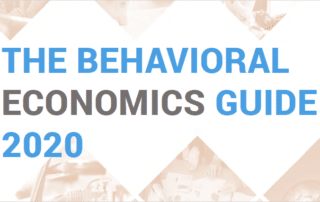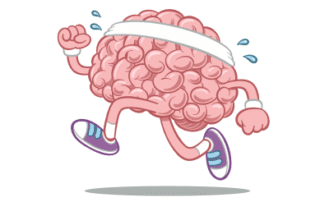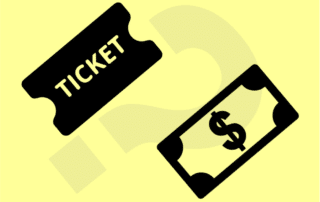Behavioral Economics Guide 2020 Launch – Event Video
On September 24, 2020, we teamed up with the Think Forward Initiative to celebrate the launch of the Behavioral Economics Guide 2020. Our panel of speakers presented their work around the event's main topic 'What can behavioral economics contribute to tackle the threat of climate change?'. Here's a video recording of the event.











